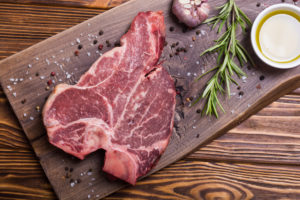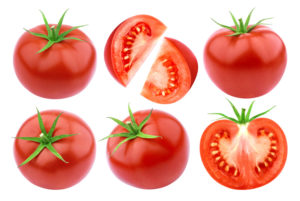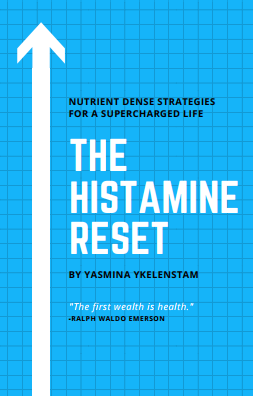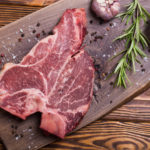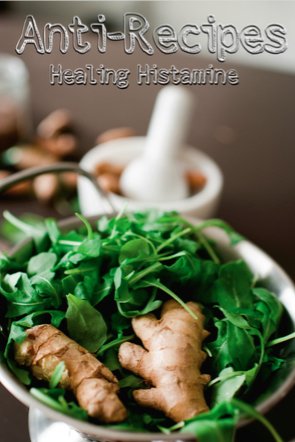
I’ve been exploring the catch-22 of probiotic supplementation for some time now. The dilemma? Probiotics are necessary for proper intestinal function – the histamine lowering enzymes diamine oxidase and monoamine oxidase live there, so fixing up our poop tube seems like a good idea right?
Not so simple.
Probiotic supplements are fermented (a no go for histamine intolerance/histamine related disorders) and some strains actually raise histamine and tyramine in the body. The good news is that strains commonly found in babies can actually lower histamine, helping us fight allergies and lower our overall histamine burden.
Lactobacillus casei (TISTR 389) andLactobacillus delbrueckii subsp. bulgaricus (TISTR 895) were found to produce BA (biogenic amines). The highest levels of histamine (1820.9 ± 3.5 mg L−1) and tyramine (5486.99 ± 47.6 mg L−1) formation were observed for the TISTR 389 strain, while TISTR 895 produced only histamine (459.1 ± 0.63 mg L−1) in the decarboxylase broth. Biogenic amine potential was not observed for the Lactobacillus acidophilus,Lactobacillus lactis subsp. lactis, Lactococcus lactis subsp. lactis, and Lactobacillus plantarum strains studied. This study confirmed that BA formation is strain dependent and not related to the species. Read the full study here.
English translation…
The BAD
Lactobacillus casei was shown to produce histamine and tyramine, while Lactobacillus Bulgaricus increased histamine alone.
The NEUTRAL
Lactobacillus acidophilus, Lactobacillus Lactis, Lactococcus Lactis, and Lactobacillus plant arum did not have any effect on biogenic amines like histamine and tyramine.
And now for…The GOOD
One of the perks of being the member of a highly educated online community who are incredibly proactive in their own healthcare, is that they often help fill in the missing links. Today I was reminded of studies I found last year which talked about the histamine-lowering effects of two strains of probiotic bacteria, Bifidobacterium infants, Bifidobacterium longum, commonly found in infant intestines. The studies also noted that the longum species had significant IgE mediation action. This means it could prove helpful to those with allergies. Read the full study here.
Does this mean you can cure your histamine intolerance/histaminosis/mastocytosis with a histamine-lowering probiotic? Doubtful. Could it be helpful? Possibly. Why the cautious optimism? Because I have experienced a variety of reactions to supplements over the years. But if you’re going to try probitic supplementation, this might be a good place to start.
I would not recommend starting this, or any supplement, without consulting your doctor. If you do try, please go slowly. If you prefer to go the nutritional route, a diet low in histamine is a good place to start – check out my post on pre-bioitic foods here.


